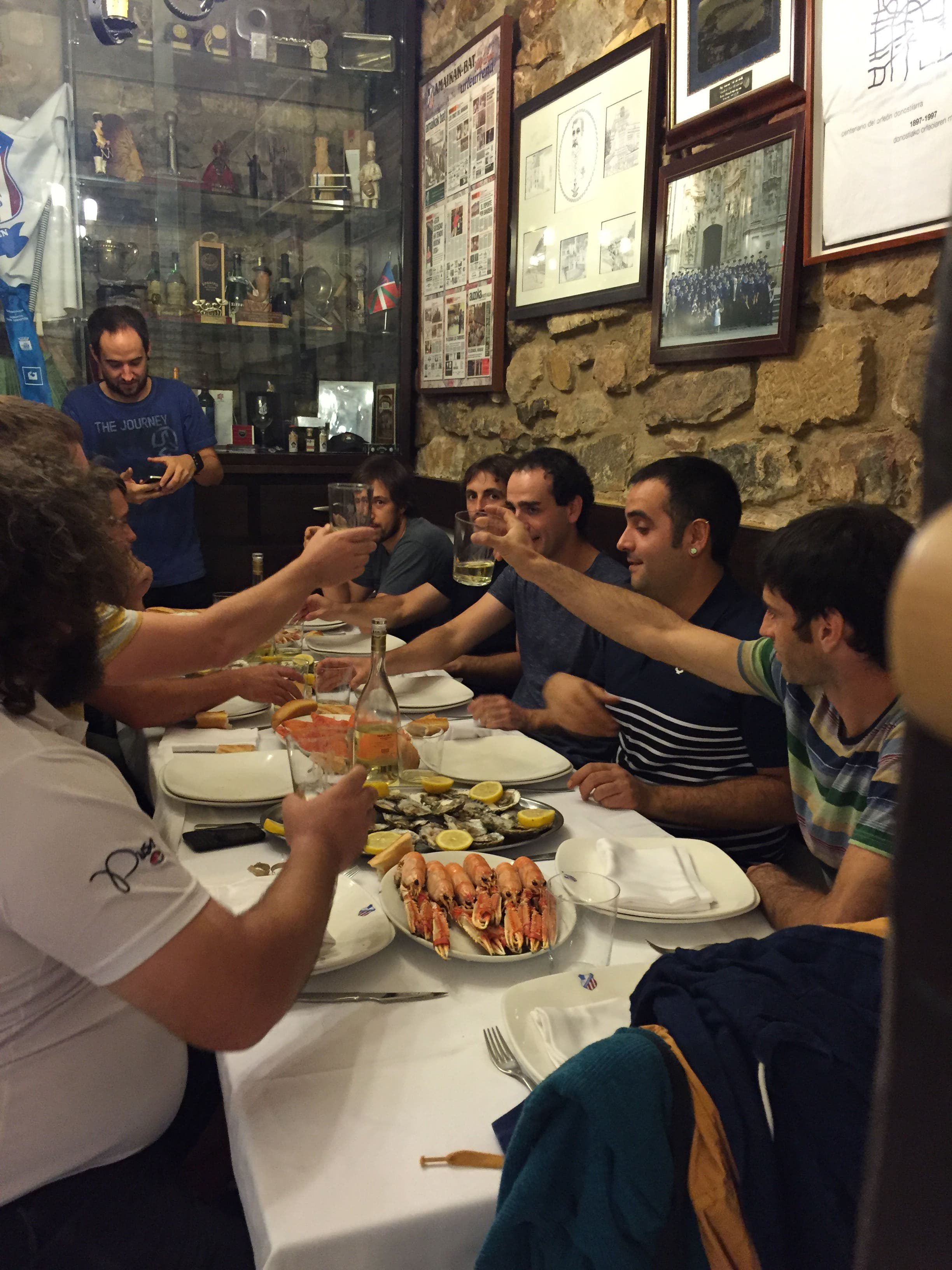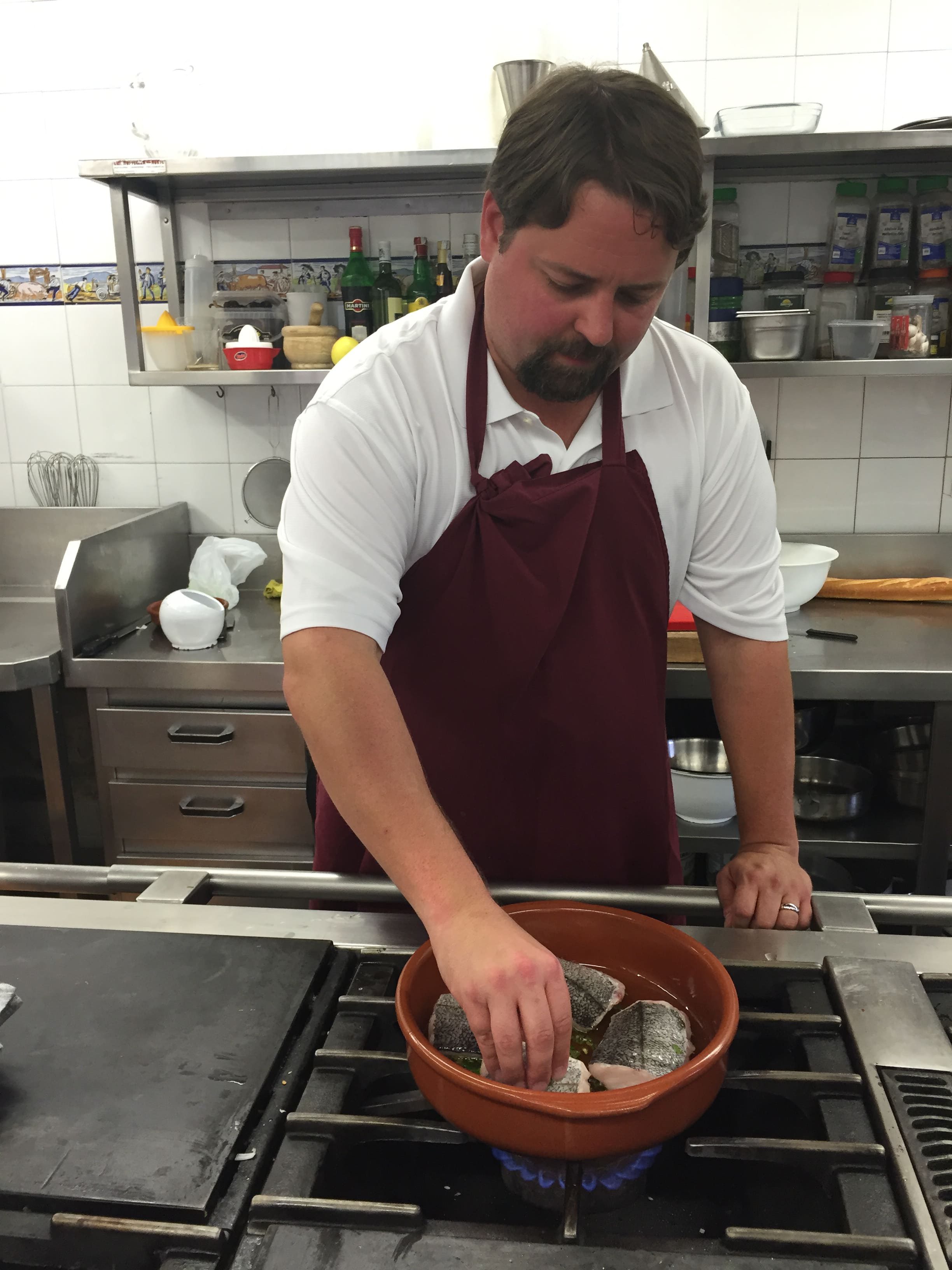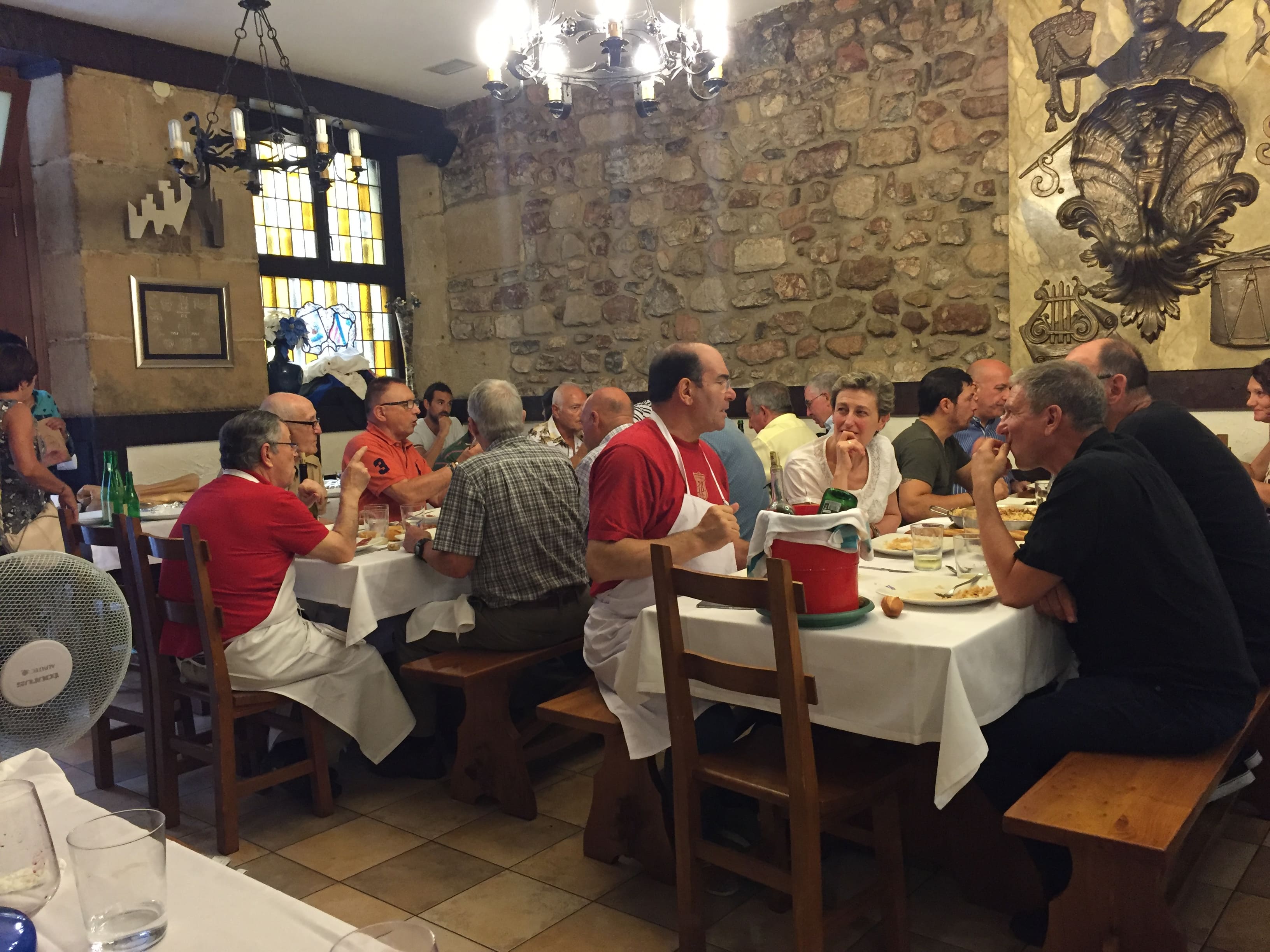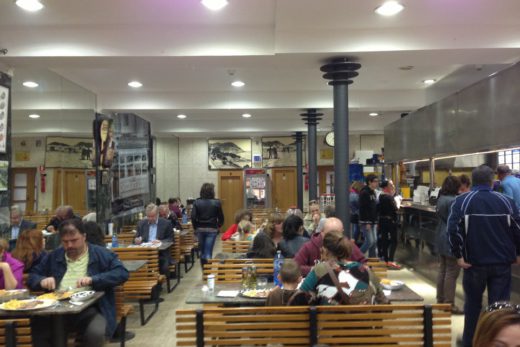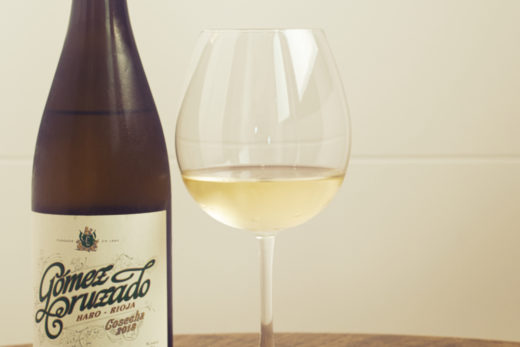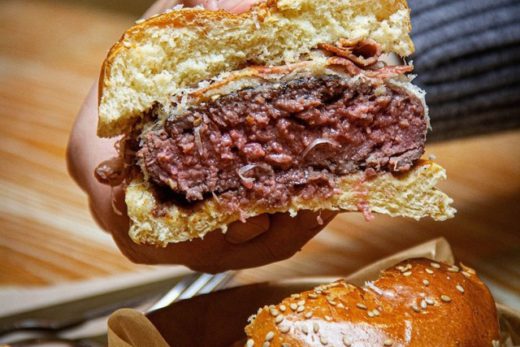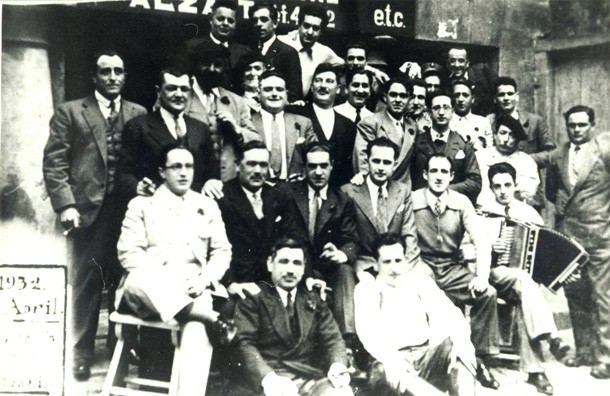
Gastronomic societies play an important role in the Basque Country’s tradition, as they have done for centuries. In this article, we will explore the fascinating history and uses of gastronomic societies in the Basque Country, looking at how they have evolved over time and what they are used for today.
What are Gastronomic Societies and How do they Differ from Other Food Clubs?
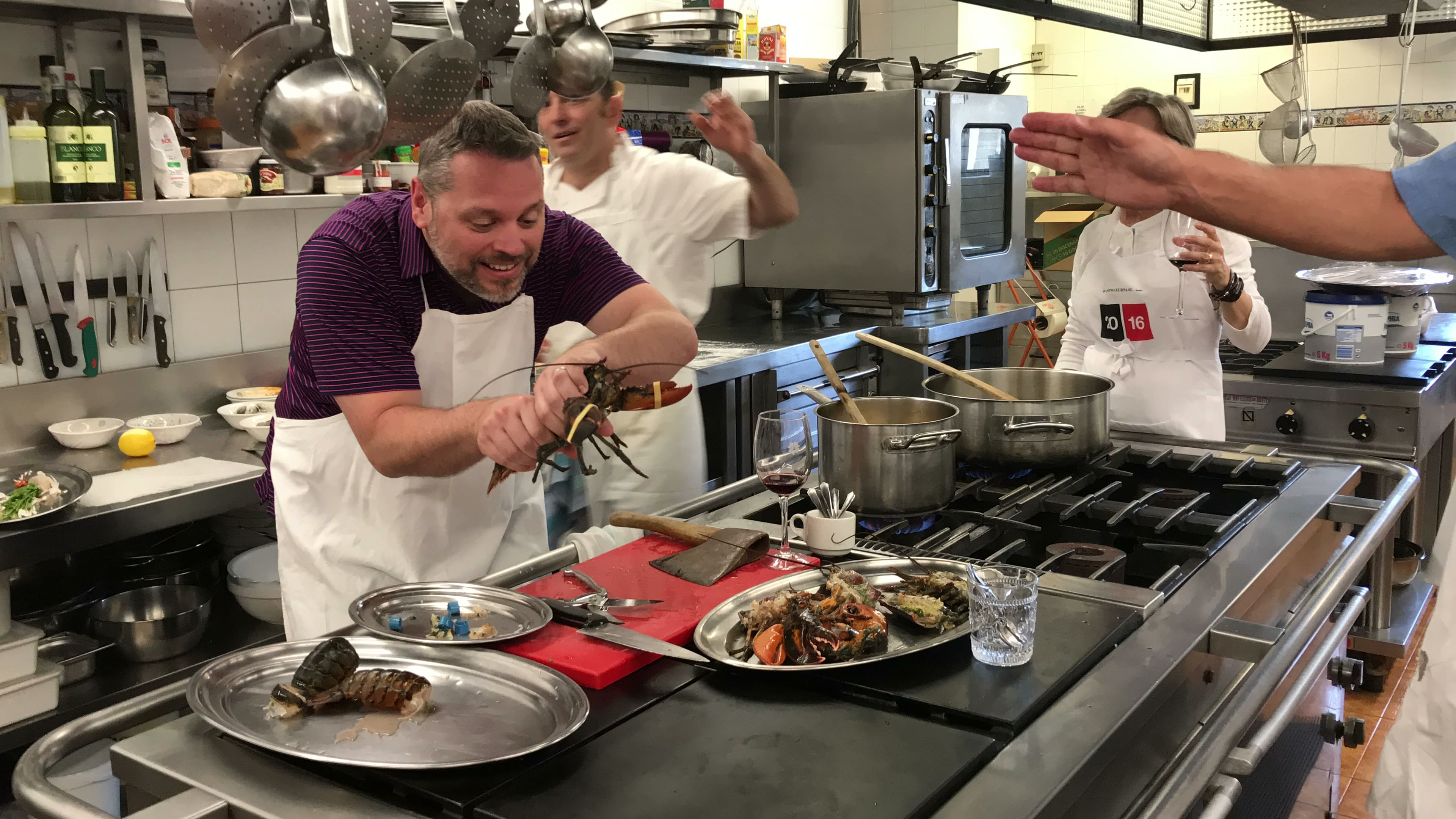
Belonging to a gastronomic society in San Sebastian, as in the rest of the Basque Country, is a real honor, comparable to that of those people who belong to the most select social clubs in the rest of the world. In fact, being a member of a gastronomic society is the absolute recognition of being fully integrated into the way of life of this land. In addition, with the privilege of enjoying some of the best delicacies of typical Basque and international food.
According to data from sociedadesgastronomicas.com, there are 1,552 gastronomic societies in the Basque Country: 785 in Gipuzkoa, 458 in Bizkaia, and 214 in Alava-Araba, with more than 32,000 members.
The big difference with clubs that you probably have in mind is this: In this club, you cook. You go to the market, buy the products, take them to the gastronomic society and you and an assistant (if you need one) cook for your guests.
Origin and history of gastronomic societies
The origin of the gastronomic societies of San Sebastian can be traced back to the 19th century. When the walls, that confined the local population, were demolished and the city expanded towards the Ensanche.
At the same time, the municipal regulations began to be more restrictive with respect to the opening hours of taverns; a traditional meeting point for the people of San Sebastian.
Faced with this limitation, the alternative was the gastronomic societie (or txoko). Many of which were located in the basements of some historic city buildings, gained strength. These clubs were a traditional meeting point for many Donostiarras. With a semi-private character and without the obligation to consume, imposed by the taverns, and with popular prices, generally equitable.
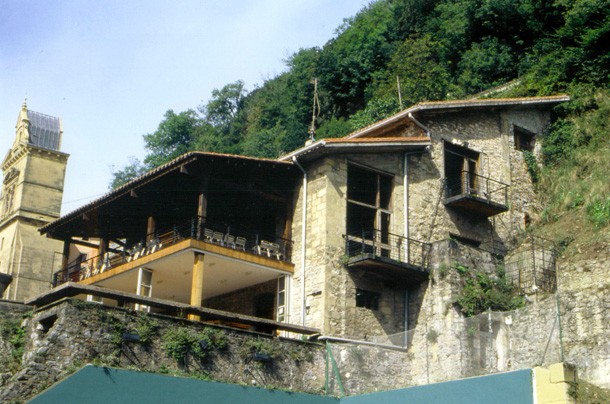
Of course, also around the common interest of gastronomy, an alternative for many men to cooking at home, the whole kingdom of women, especially in a society as matriarchal as the Basque one. While some of these societies are open to all genders, there are some exceptions. This exclusion has been a source of controversy and debate among locals and tourists alike.
Men only (even nowadays)
But, we will try to explain the history behind this gender exclusion. The origins of this prohibition of women in gastronomic societies are not clear. But one of the stories that have become most popular is the following; “Men need a space without their wives to be able to cook in peace”. Jokes aside, until now, women could not enter gastronomic societies. Some still maintain this restriction that prohibits women from entering their temples of gastronomy. But the vast majority already accept women as guests or full members.
